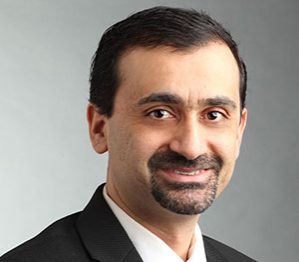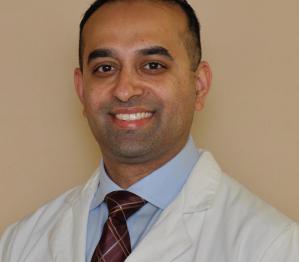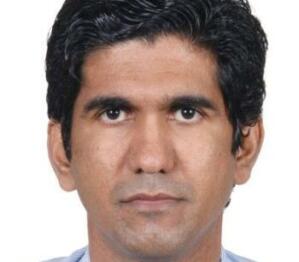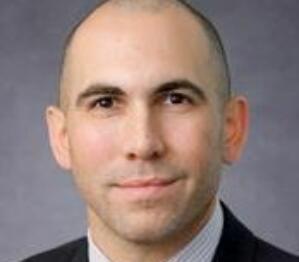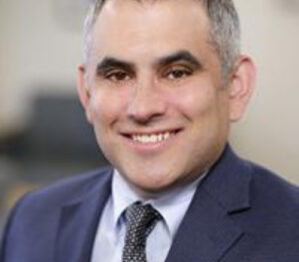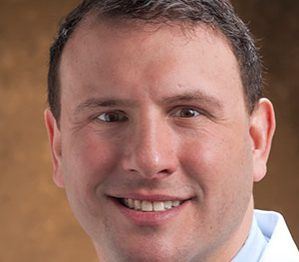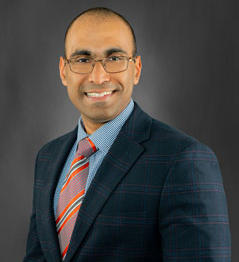The Comprehensive Epilepsy Center at CentraState— staffed by an experienced team of epileptologists, neurologists, registered nurses, and technologists—provides a full spectrum of care for adults, adolescents, and children with epilepsy. Using state-of-the-art, specialized equipment, we offer inpatient and outpatient diagnostic evaluations and procedures to diagnose and determine your best treatment option.
EPILEPSY SEIZURE CONTROL AND BEYOND
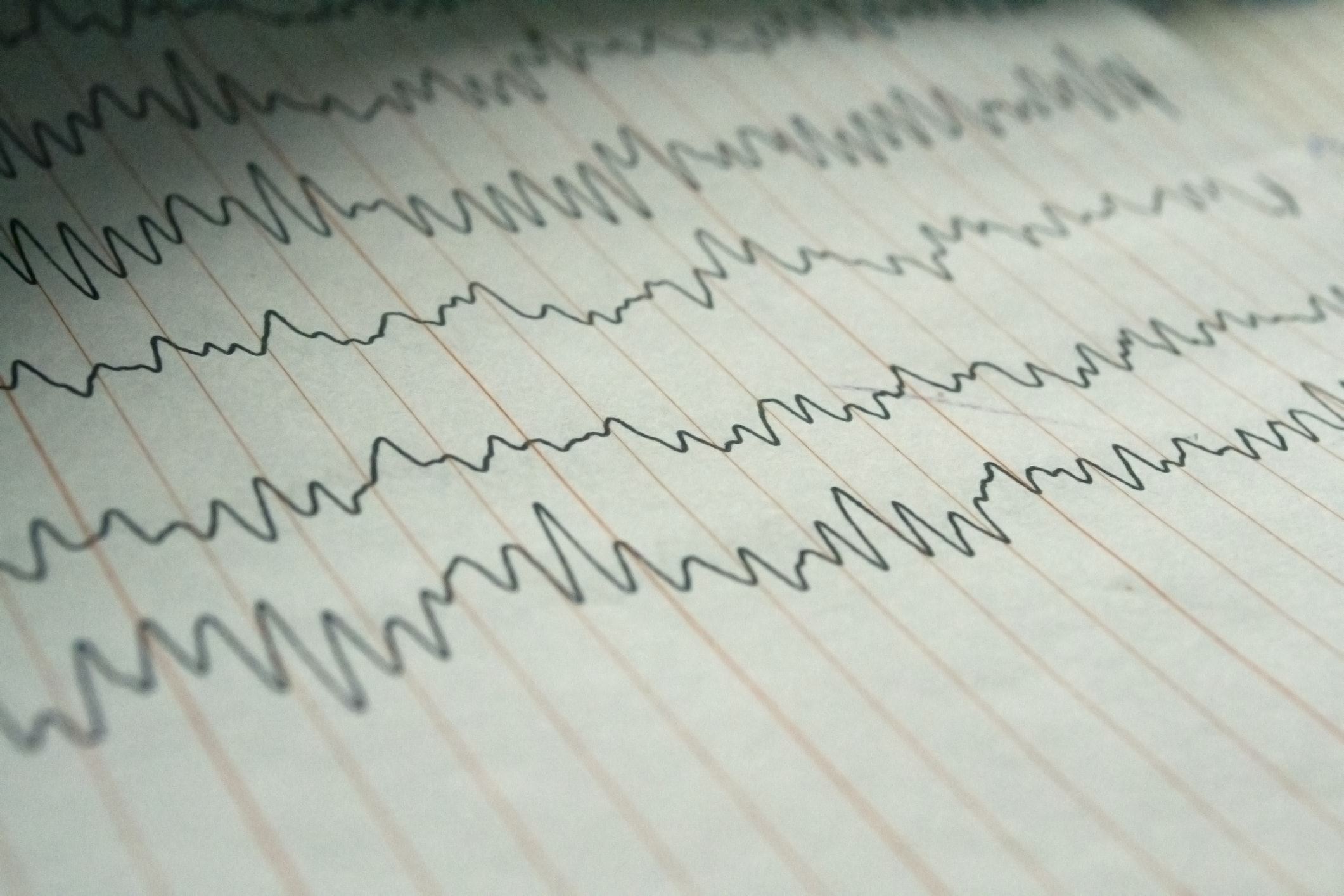
Video Electroencephalography (EEG) monitoring is the gold standard in evaluating patients with suspected seizures. This painless system records seizures on video and on a computer so that your physician can see what happens just before, during, and right after a seizure. This test can be very helpful in determining the specific area of your brain that the seizures originate from.
Video EEG may be used on a short-term or long-term basis. Short-term monitoring is done on an outpatient basis in the hospital and may last up to six hours. Long-term monitoring is done in the hospital and may last one to three or more days.

At CentraState, epilepsy treatment options include:
Seizure Medications—Medications can control seizures in most epilepsy patients. Your physician will choose a seizure medication based on the type of seizures you are having.
Dietary Therapy—Monitored by your physician and nutritionist, the ketogenic diet—a special high-fat, low-carbohydrate diet—can help control seizures in some people.
Vagus Nerve Stimulator (VNS)—This device, which is sometimes compared to a pacemaker, is designed to prevent seizures by sending regular, mild pulses of electrical energy to the brain via the vagus nerve.
Epilepsy Surgery—Surgery may be an option for some people whose seizures cannot be controlled by medications.
Chronic Disease Management—Manage underlying conditions such as genetically related conditions and developmental disorders that cause childhood epilepsy.

In addition to evaluating and treating patients with seizures or suspected seizures, we go beyond the goal of seizure control to address important issues, including:
- Medical and non-medical treatment options
- Behavioral and cognitive effects of seizures and medications
- Pregnancy and reproductive issues in seizure patients
- Everyday issues like driving and employment
- Depression and other emotional health concerns of patients with seizures
Our multidisciplinary approach provides ongoing support for epilepsy patients and their families to improve quality of life, accessibility, and care for those coping with seizures.




